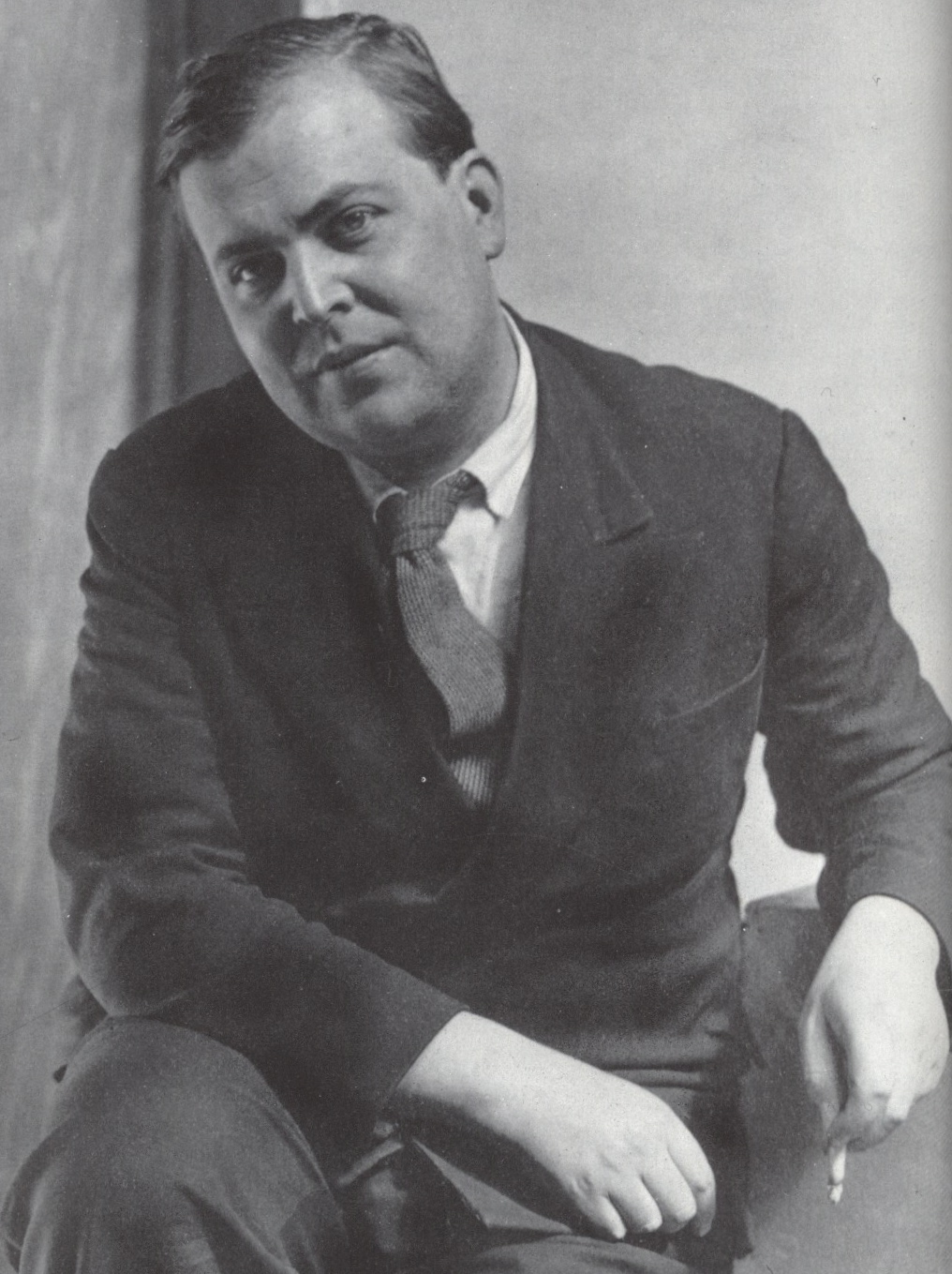

Partner Boris Kochno
Queer Places:
Cimetière du Père Lachaise
Paris, City of Paris, Île-de-France, France
 Christian Bérard (20 August 1902, Paris – 11 February 1949), also known as
Bébé, was a French artist, fashion illustrator and designer. The work of
Broadway's gay and lesbian artistic community went on display in 2007 when the
Leslie/Lohman Gay Art Foundation Gallery presents "StageStruck: The Magic of
Theatre Design." The exhibit was conceived to highlight the achievements of
gay and lesbian designers who work in conjunction with fellow gay and lesbian
playwrights, directors, choreographers and composers. Original sketches,
props, set pieces and models — some from private collections — represent the
work of over 60 designers, including Christian Bérard.
Christian Bérard (20 August 1902, Paris – 11 February 1949), also known as
Bébé, was a French artist, fashion illustrator and designer. The work of
Broadway's gay and lesbian artistic community went on display in 2007 when the
Leslie/Lohman Gay Art Foundation Gallery presents "StageStruck: The Magic of
Theatre Design." The exhibit was conceived to highlight the achievements of
gay and lesbian designers who work in conjunction with fellow gay and lesbian
playwrights, directors, choreographers and composers. Original sketches,
props, set pieces and models — some from private collections — represent the
work of over 60 designers, including Christian Bérard.
Bérard and his lover Boris Kochno, who worked for the Ballets Russes and was also co-founder of the Ballets des Champs-Elysées, were one of the most prominent openly homosexual couples in French theater during the 1930s and 1940s.[1]
BBorn in Paris in 1902, Bérard studied at the Lycée Janson de Sailly as a child. In 1920, he entered the Academie Ranson, where his style was influenced by Édouard Vuillard and Maurice Denis.
Bérard showed his first exhibition in 1925, at the Gallery Pierre. From the start of his career he had an interest in theatrical scenery and costume designs, and played an important role in the development of theatrical design in the 1930s and 1940s. In the early 1930s Bérard worked with Jean-Michel Frank, painting screens, wood-work and drawing projects for carpets. He also worked as a fashion illustrator for Coco Chanel, Elsa Schiaparelli, and Nina Ricci. Bérard's most renowned achievement was probably his lustrous, magical designs for Jean Cocteau's film La Belle et la Bête (1946).
During the post-WWII period, the French theatre was dominated by Jean Cocteau's circle, including the stage designer Christian Bérard and the actor Jean Marais; the bisexual Gérard Philipe was everyone's favorite leading man. The foremost members of the Comedic Francaise, such as Jean Weber and Jacques Charon, were familiar faces at gay salons. Julien Green's monumental Sud (South, 1953) clothed his doomed love story in Civil War garb and veiled suggestion; the agony of unrequited affection went even deeper in Henry de Montherlant's La Ville dont le Prince en un Enfant (The City Whose Prince Is a Child, 1951), set in a Catholic school where an obsessive priest roots out the special friendships of the students. Typically, the secretive and suicidal Montherlant considered it unsuitable for public performance by boys.
Bérard died suddenly from a heart attack on 11 February 1949, on the stage of the Théâtre Marigny. Francis Poulenc's Stabat Mater (1950) was composed in his memory, and Jean Cocteau dedicated his film Orphée (1950) to him.

Paul Rodocanachi (seated in the center) with (from left to right) Alberto Giacometti, Jean-Michel Frank, Emilio Terry, Christian Bérard, Adolphe Chanaux e Diego Giacometti
, by François Kollar
My published books: